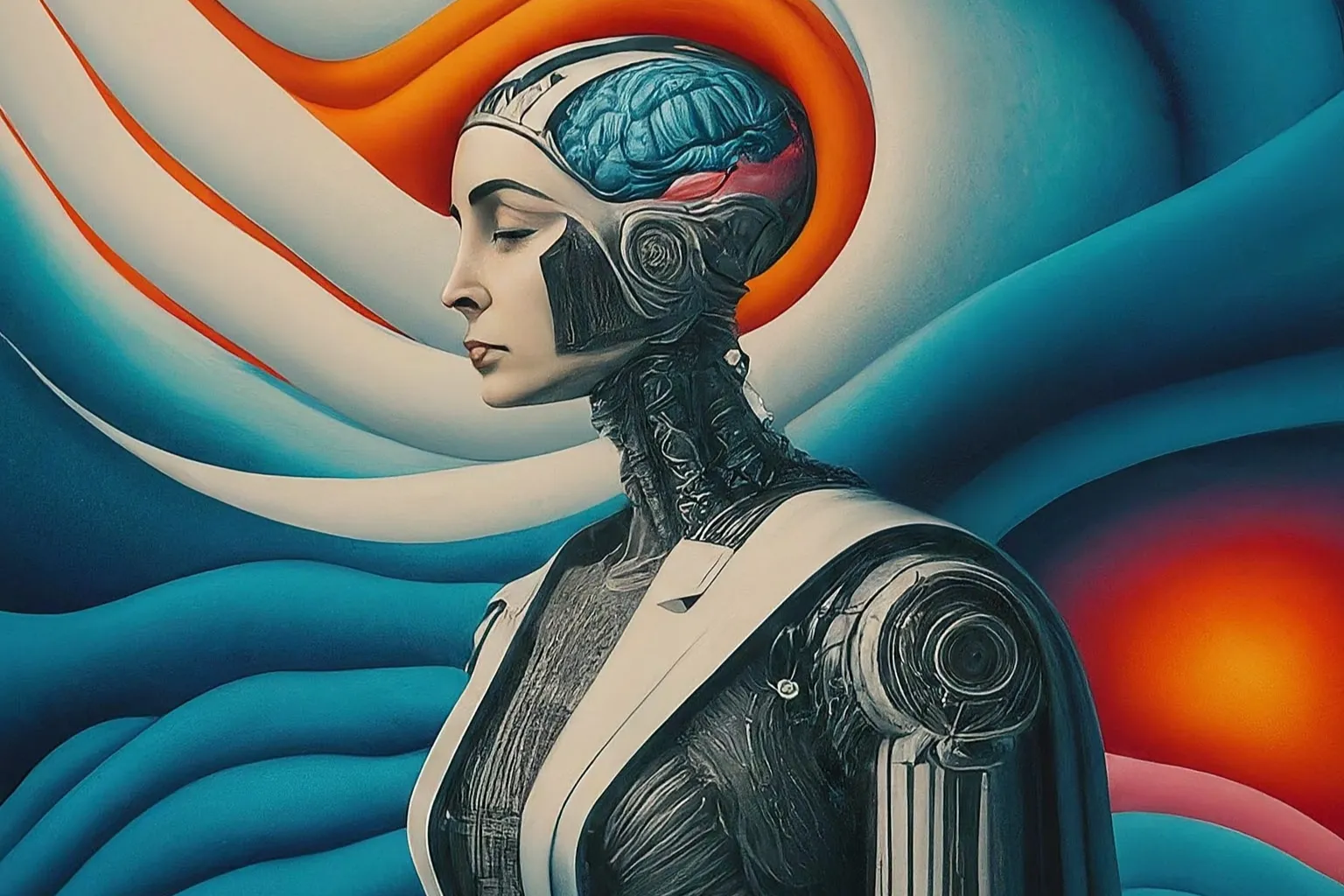In an era defined by rapid technological innovation and digital transformation, we are constantly surrounded by emerging technologies—artificial intelligence, smart devices, machine learning, and more. These innovations are not only reshaping how we live and work but are also generating an unprecedented volume of information every second. Still, few truly understand what lies beneath the surface of these marvels. Let's take something familiar: the television. A technology so ingrained in our lives, yet so mystifying in its function. How does it process millions of color pixels per second and render moving visuals with precision and clarity from a distant signal source? The answer lies in a powerful, often overlooked element: data.
The journey toward understanding technology often begins with curiosity. But as we peel back the layers, it becomes clear that data is the cornerstone of modern innovation. Whether it's the signal transmitted to your TV, the apps on your smartphone, or the algorithms driving artificial intelligence, data fuels it all.
Why Data Is So Valuable
So what exactly makes data so important? Why has it become one of the most sought-after resources in the digital age?
- Every Piece of Data Is Unique
Each interaction, each click, each moment in time captured as data is completely unique. It's tied to a specific action, a specific context, a specific user. You can never reproduce it in exactly the same way. This uniqueness is what makes data so valuable — it reflects reality as it happens, not as we imagine it. - Data Powers Intelligence
Artificial intelligence and machine learning are only as good as the data they're trained on. An AI model with poor or limited data can't make good decisions. But with the right data — clean, diverse, and representative — those systems can detect cancer earlier, recommend songs you'll love, or help self-driving cars avoid accidents.
It's data that teaches machines what's normal and what's not, what's desirable and what should be avoided. Without data, there's no learning — and without learning, there's no intelligence. - Human Data Is Especially Powerful
Among all types of data, human-centered data holds the most potential. Our behavior, emotions, preferences, and decisions — when captured ethically and responsibly — can offer insights into everything from mental health trends to consumer needs.
This kind of data doesn't just fuel products — it fuels connection. It allows AI to become more empathetic, more conversational, and more responsive. It bridges the gap between cold code and human warmth.
Data Is the New Currency — But More Than That, It's the New Language
Some say "data is the new oil," and that comparison isn't wrong. It's highly valuable, it requires refining, and it drives growth. But unlike oil, data doesn't deplete — it grows exponentially. And it doesn't just power machines — it powers understanding.
Data is now the language through which machines learn about the world. It's how your phone knows when to suggest directions to work, or how your music app creates that perfect playlist. It's how health apps monitor your sleep, and how social media learns what makes you laugh.
At the same time, data is also how we learn more about ourselves. The more we collect and analyze, the more we uncover patterns in our behavior, preferences, and needs — often revealing things we didn't consciously recognize.
The Ethical Side of Data
Of course, with great power comes great responsibility. The collection and use of data — especially personal data — raises critical questions about privacy, consent, and control.
Who owns the data? How should it be stored and used? What rights do individuals have over the information they generate every day?
These are not just technical or legal questions — they are ethical ones. And as data becomes more central to our lives, these discussions become more urgent.
It's essential that we build a digital future that respects human dignity, protects individual rights, and ensures that data is used for good — not manipulation or exploitation.
Final Thoughts: Data as a Precious Asset
It's easy to think of data as just background noise — numbers and codes flying around in the cloud. But the truth is far more profound.
Data is the foundation on which our digital lives are built. It's the bridge between human experience and machine understanding. It's how we automate the present and imagine the future.
In the coming years, the technologies that will matter most — from AI to quantum computing to smart cities — will all depend on the quality, diversity, and ethical handling of data.
So the next time your phone unlocks with your face, or your AI assistant remembers your favorite coffee order, remember this:
It's not magic. It's data — the hidden gem powering the modern world.
